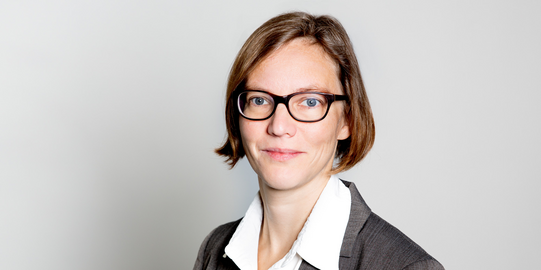Teach SEG - Instruction in diverse classrooms: teacher education and assessment through complex simulations
By using the digital revolution for teacher education and assessment, the innovative project proposed will significantly advance teacher training and help improve classroom instruction. Focusing on effective and adaptive classroom management as one of the three core dimension of instructional quality, a virtual classroom environment with 30 students – diverse in their academic talent, motivation, behavior, language skills and gender – will be developed within the framework of a Serious Educational Game (SEG) as a means of advancing the effectiveness and quality of teacher training.
Funding
Investment resources of the TU Dortmund
Project description
Effective teacher education and assessment are key tasks for all modern societies. By using the digital revolution for teacher education and assessment, the innovative project proposed will significantly advance teacher training and help improve classroom instruction. Focusing on effective and adaptive classroom management as one of the three core dimension of instructional quality, a virtual classroom environment with 30 students – diverse in their academic talent, motivation, behavior, language skills and gender – will be developed within the framework of a Serious Educational Game (SEG) as a means of advancing the effectiveness and quality of teacher training.

In the simulation, prospective teachers are to practise appropriate classroom management through play in the virtual classroom by interacting with the virtual learners and improve it by experiencing the different reactions of the various learners to their actions as well as targeted feedback at the end of a 45-minute simulation session. The first phase of this forward-thinking project will span four years and includes (1) the development of the framework and game model, (2) the game development, programming and piloting, (3) validation and effectiveness studies in both countries, and (4) publication of results. The core project team will be located at the Center for Research on Education and School Development (IFS, at TU Dortmund University, Germany) with close cooperation with experts in the field of teaching and teacher education in Germany and the US, as well as experts from the National Center for Research on Evaluation, Standards, and Student Testing (CRESST, at UCLA, USA).
Lead researcher at IFS
Project management
Project team
External project partners
- Prof. Dr. Miriam Marleen Gebauer (Otto-Friedrich-Universität Bamberg)
- National Center for Research on Evaluation, Standards, and Student Testing (CRESST, UCLA, USA)






![[Translate to English:] [Translate to English:]](/storages/ifs-ep/_processed_/8/5/csm_AdobeStock_412860748_9a2dbb816c.jpeg)
